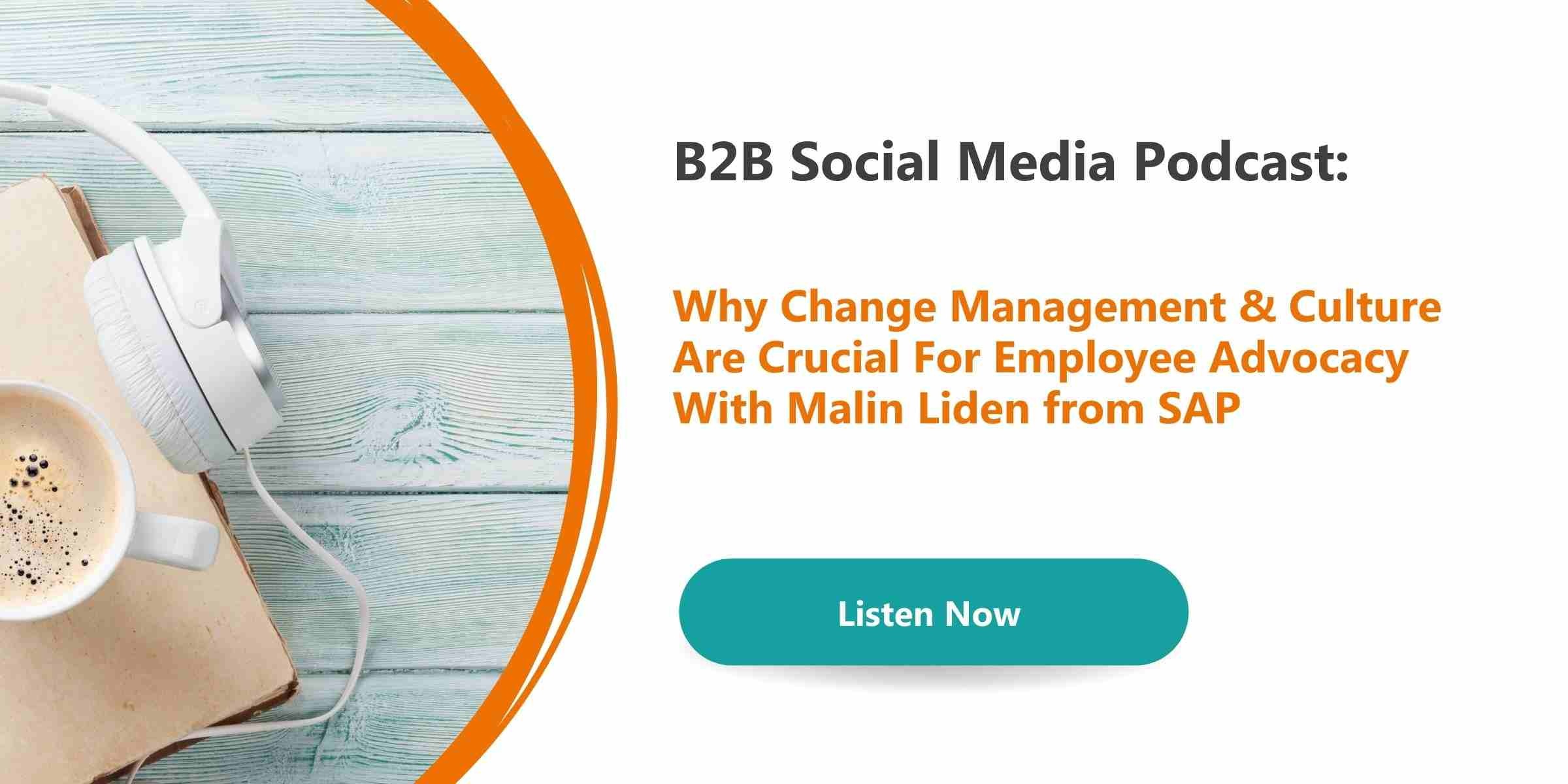
Employee advocacy is an important term for those of us who run employee advocacy programmes. But does it really matter to those who don’t run them? Or is it more important that they engage with the concept?
Some businesses refer to employee advocacy as things like employee learning and development instead.
The concept is the same, but the alternative name means more to employees. It requires less explanation to get them to understand the concept.
The alternative name is also something employees may be more likely to connect with, meaning they’ll feel inspired and motivated to take part.
Employee advocacy, meanwhile, can sound to employees who are unfamiliar with the concept like it’s all about promoting the business and boosting its brand, rather than helping them with their own.
This differentiation in an employees’ mind is important because employee advocacy programmes often fail when a business launches them without explaining what the real benefits to employees are.
So, employees assume it’s all about making the business look amazing without any real understanding of what’s in it for them. Which naturally means they’re less likely to get involved, or they’ll get bored with participating very quickly because they don’t fully understand it how it could help them.
What Could Employee Advocacy Really Do For Employees?
Employees are more likely to become an advocate if they understand how it could help them to achieve their goals.
And, just the same as we can all watch the same TV show for different reasons, employees will join an advocacy programme for different reasons.
There are a range of factors which can affect someone’s reasons to join, from their personal circumstances, to their career goals, to their mindset.
If you can talk about advocacy in a language that makes sense to them, they’re far more likely to get involved.
When trying to get employees onboard, you want to focus on encouraging them to be influential around their topic of interest. Since it’s something they already care about, it’s going to be a lot more appealing then telling them you need help marketing the business.
It’s all about encouraging employees to share what they’re passionate about. If they do that, people will come to them. This can lead to all sorts of opportunities, such as in-person speaking gigs, podcast interviews, and guest post opportunities.
Putting an opinion out there on social media attracts people who want to discuss the same thing. It’s as simple as framing employee advocacy as building their own thought leadership around a topic that’s relevant to the company, rather than tooting the horn of the company.
Over time, employees will build a circle of influence. They won’t need to get out there to find people – people will come to them.
How To Find Their Why
Think about the different personas within the company. What typically motivates each one?
In general, salespeople will be motivated by getting more clients; marketers will be motivated by more leads; HR will be interested in better quality candidates, etc.
Once you’ve tapped into these motivators, it will be a lot easier to get employees to understand how social media can help them achieve their goals. And so they’re more likely to get involved in your employee advocacy programme – whatever you decide to call it.
Conclusion
Once you’ve helped an employee to find the reasons why they’d join an advocacy programme, it’s a lot easier to get them invested in it.
And, once they’re fully invested, they start to see the benefits. So then they’re more likely to feel encouraged to keep going, providing more benefits for them and the business. The circle of influence that this investment helps them to build can lead to all sorts of opportunities to build their thought leadership and personal brand.
What you call an advocacy programme really doesn’t matter. What matters is how employees see it. Sometimes changing the name, or selling it from a different angle, is all you need to get more employees to join.




